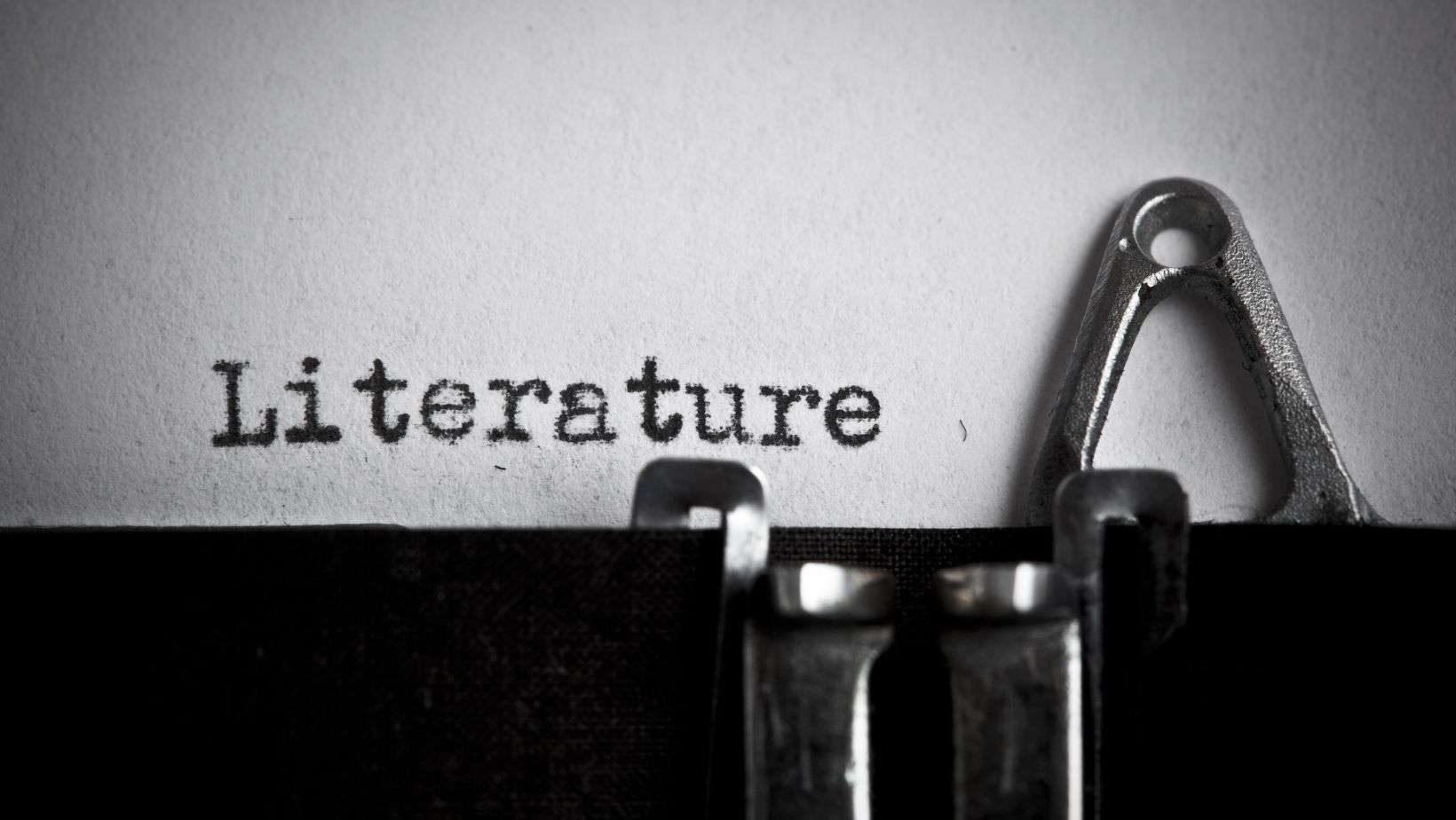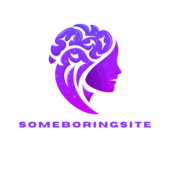
Exploring the intricate world of literature unveils a fascinating realm where contradictions and complexities intertwine to create thought-provoking paradoxes. In my journey through the vast landscape of literary works, I’ve encountered profound examples of paradoxes that challenge conventional wisdom and ignite intellectual curiosity. These paradoxes, seemingly contradictory yet inherently true, add layers of depth and intrigue to the narratives they inhabit.
From Shakespearean tragedies to modernist masterpieces, the presence of Examples of Paradox in Literature transcends time and genre, captivating readers with their enigmatic nature. As I delve into specific examples of paradoxes in renowned literary works, I aim to unravel the underlying themes and philosophical conundrums they embody.
Examples of Paradox in Literature
Definition of Paradox
 Examples of Paradox in Literature, paradoxes are fascinating linguistic devices that combine contradictory elements within a statement or a situation, challenging the reader’s expectations and encouraging deeper contemplation. These intriguing expressions often reveal hidden truths or complexities that defy straightforward logic. For example, in the famous line from Charles Dickens’ “A Tale of Two Cities,” “It was the best of times, it was the worst of times,” the paradoxical juxtaposition of “best” and “worst” serves to convey the simultaneous existence of joy and despair during the French Revolution.
Examples of Paradox in Literature, paradoxes are fascinating linguistic devices that combine contradictory elements within a statement or a situation, challenging the reader’s expectations and encouraging deeper contemplation. These intriguing expressions often reveal hidden truths or complexities that defy straightforward logic. For example, in the famous line from Charles Dickens’ “A Tale of Two Cities,” “It was the best of times, it was the worst of times,” the paradoxical juxtaposition of “best” and “worst” serves to convey the simultaneous existence of joy and despair during the French Revolution.
Significance of Paradox in Literary Analysis
Paradoxes play a crucial role in literary analysis by adding layers of meaning and nuance to the text. They compel readers to engage actively with the material, prompting them to question assumptions and explore different perspectives. Through the use of paradox, writers can create thought-provoking narratives that challenge conventional thinking and invite reflection on complex themes.
Historical Examples of Paradox in Literature
Paradox in Ancient Greek Texts
 In ancient Greek Examples of Paradox in Literature played a pivotal role in conveying complex philosophical ideas. Works like Plato’s “Parmenides” and Zeno’s paradoxes challenged traditional beliefs and explored the nature of reality through logical dilemmas. These texts employed paradoxes to ignite intellectual discourse and prompt readers to ponder the nature of existence itself.
In ancient Greek Examples of Paradox in Literature played a pivotal role in conveying complex philosophical ideas. Works like Plato’s “Parmenides” and Zeno’s paradoxes challenged traditional beliefs and explored the nature of reality through logical dilemmas. These texts employed paradoxes to ignite intellectual discourse and prompt readers to ponder the nature of existence itself.
Paradox in Shakespeare’s Works
Shakespeare, known for his profound insight into the human condition, expertly utilized paradoxes in his plays and sonnets to create dramatic tension and convey conflicting emotions. In “Romeo and Juliet,” the famous line “It’s too rash, too unadvised, too sudden” encapsulates the essence of the characters’ impulsive love amidst familial enmity.
Famous Literary Works Featuring Paradox
Paradox in Modern Novels
In contemporary Examples of Paradox in Literature continue to play a pivotal role in shaping narratives and challenging readers’ perceptions. In works like “Catch-22” by Joseph Heller, the novel’s title itself epitomizes a paradox, illustrating the absurdity and contradictions inherent in wartime situations. Heller’s portrayal of the illogicality of war through paradoxical humor serves as a powerful critique of bureaucracy and societal norms.
Paradox in Poetry
Poets have long embraced paradoxes as tools to evoke emotional depth and intellectual contemplation in their works. In Emily Dickinson’s poem “I heard a Fly buzz – when I died,” the juxtaposition of the mundane buzzing fly with the profound moment of death creates a paradox that underscores the poem’s exploration of mortality and the afterlife. Dickinson’s skillful use of paradoxical imagery challenges conventional notions of death and highlights the mysterious transitions of existence.
Techniques for Identifying Paradox
Analyzing Language and Context
 When spotting a Examples of Paradox in Literature, I focus on the language and context employed by the author. It’s critical to pay attention to contradictory terms or ideas within a single statement. By dissecting the words used and the overall context of the passage, I can unravel the underlying paradoxical elements present.
When spotting a Examples of Paradox in Literature, I focus on the language and context employed by the author. It’s critical to pay attention to contradictory terms or ideas within a single statement. By dissecting the words used and the overall context of the passage, I can unravel the underlying paradoxical elements present.
Comparing Contradictory Elements
Another effective technique for identifying paradoxes is by comparing contradictory elements within a piece of literature. By examining how two opposing ideas are interwoven to create a coherent narrative, I can pinpoint the paradoxical nature of the text. For example, in George Orwell’s novel “Animal Farm,” the animals proclaim that “All animals are equal, but some animals are more equal than others,” showcasing the inherent contradiction in the concept of equality.
